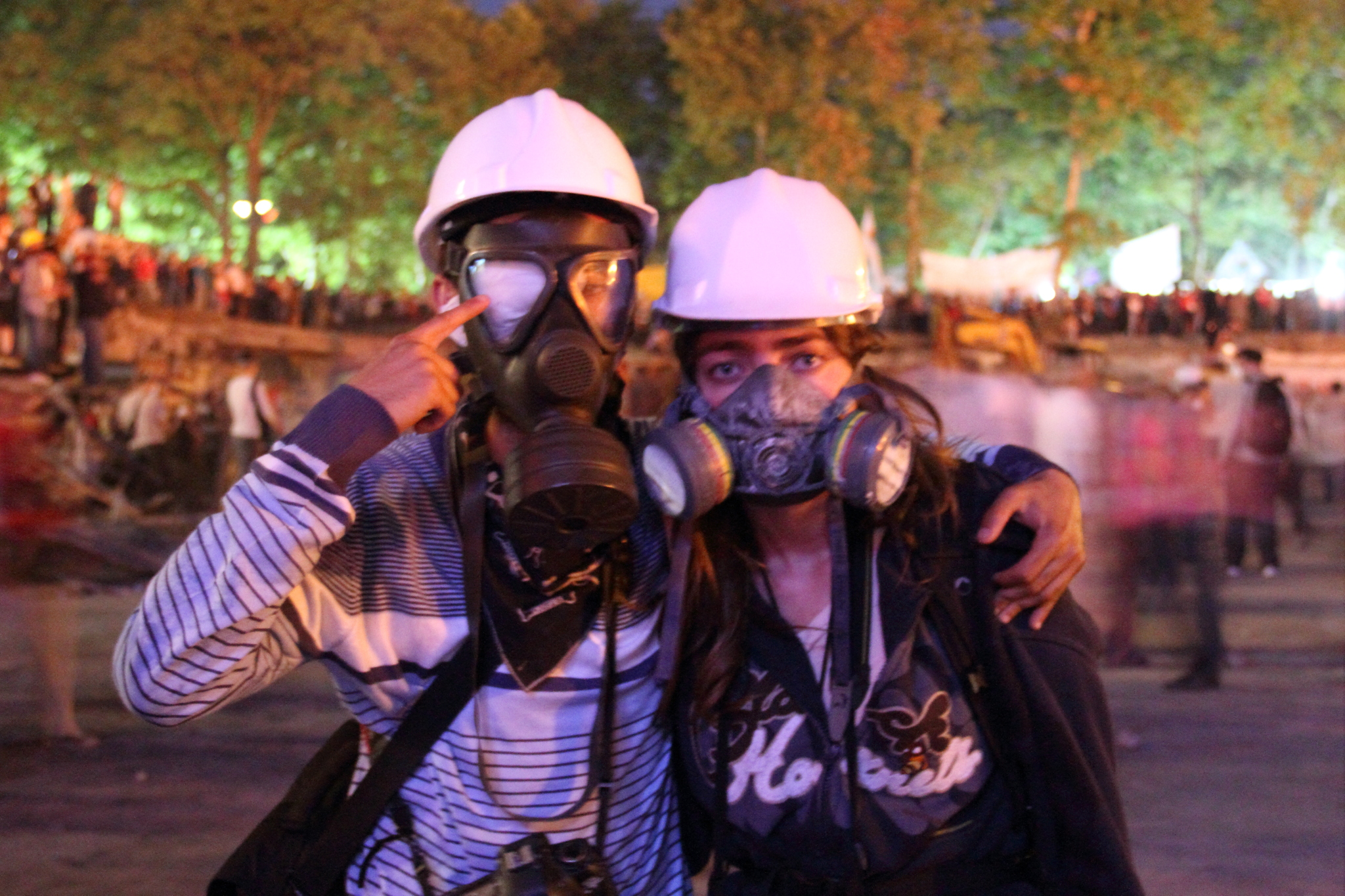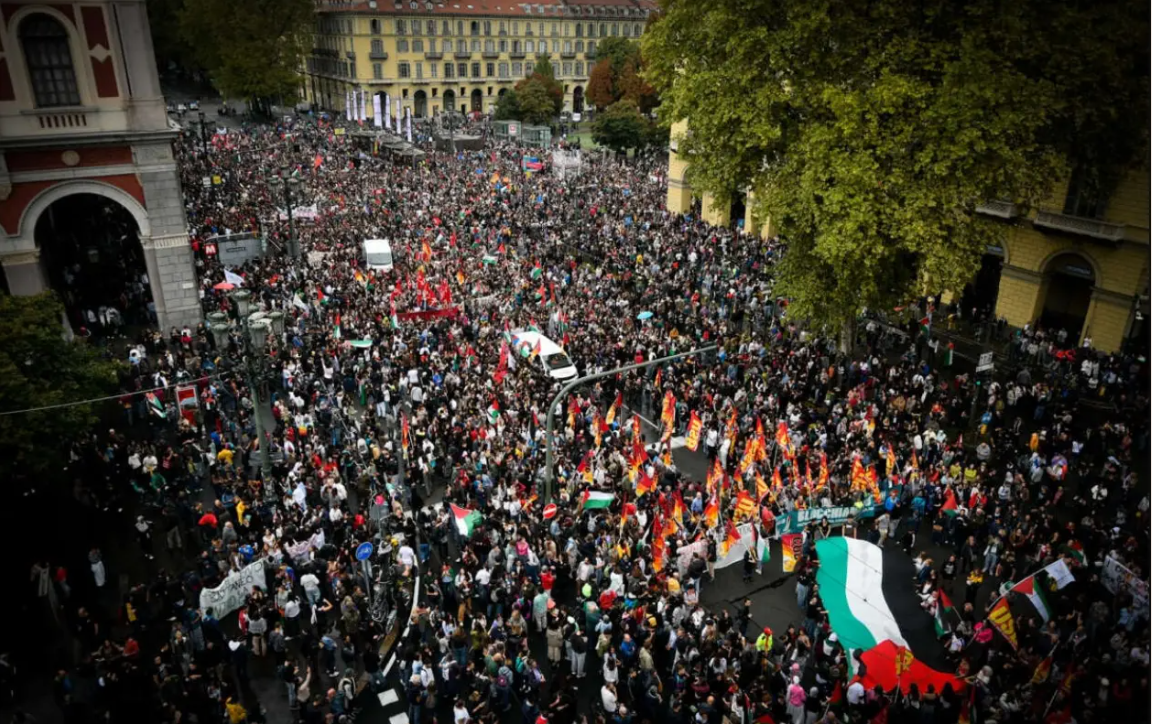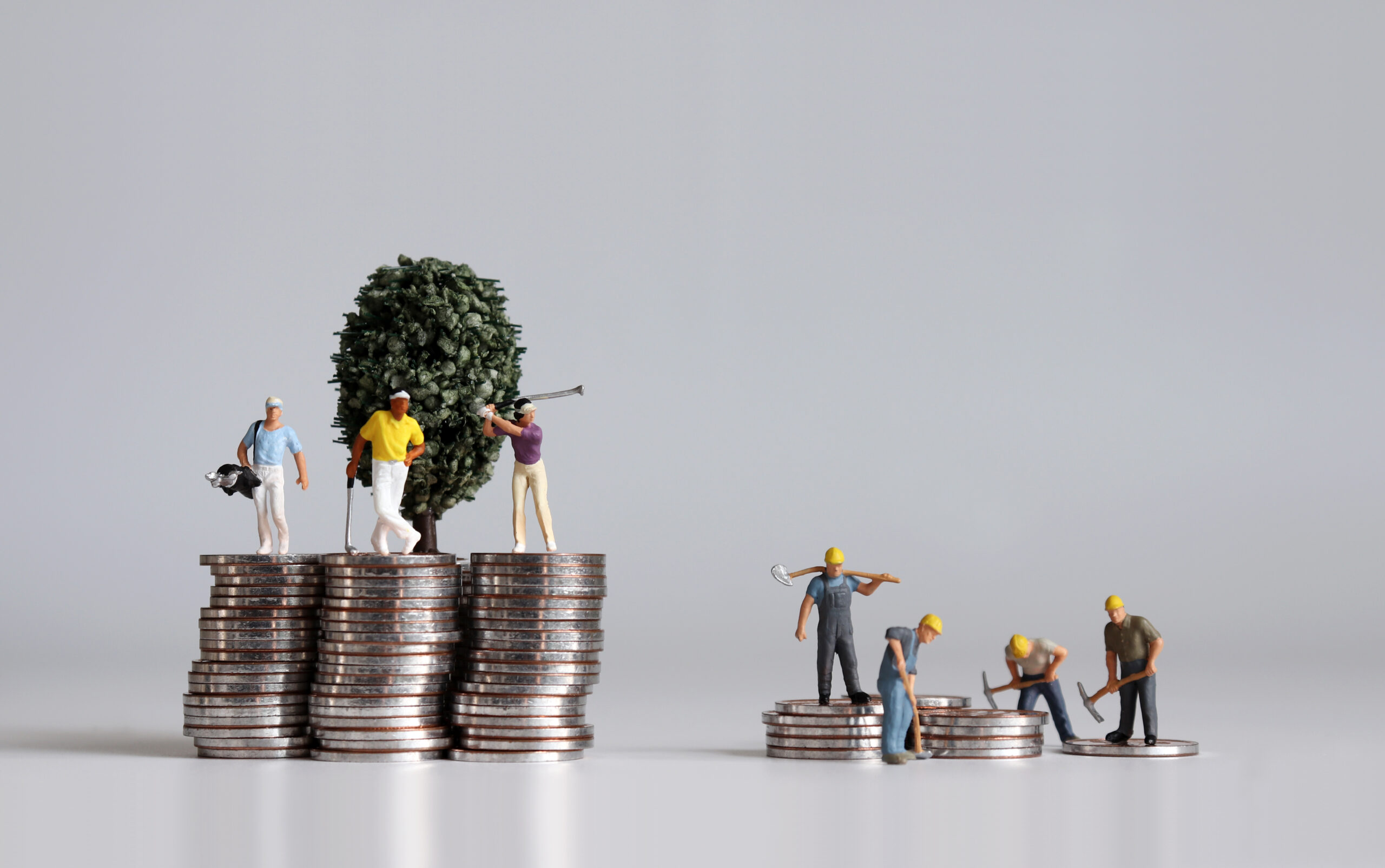It is hard to write an article about climate change without being accused of scaremongering, because of the size and scale of the truly existential crisis that lies before us. The challenge is immense and the effects of it are starting to hit hard across the planet. 2017 has been another record-breaking year to follow multiple record-breaking years. In the U.S. alone in the first 9 months of 2017 has been hit by 15 different natural disasters that together caused more than $1bn damage, including record-breaking rainfall from Hurricane Harvey and the strongest-recorded intensity making landfall Hurricane Irma. This does not include the state of California which at the beginning of the U.S. winter is now aflame in some of the largest wildfires in the state’s history.
In New Zealand as a result of the La Niňa phenomena, temperatures this December are reaching 6 -7 degrees Celsius above normal for this time of year, resulting in the spectre of drought for nearly all of the country. This heatwave is likely to continue throughout the summer and already we have water restrictions and crises in Wellington, Hawke’s Bay and Christchurch. Climate change is no longer some spectre haunting our future but rather hitting us right now.
Attempts to deal with the consistent catastrophe both internationally and locally have been appalling. Governments have trumpeted unenforceable, lacklustre agreements. Politicians with their underestimation of the challenges we face and also their support for business-as-usual to deal with climate change have generated widespread feelings of hopelessness. It’s clear that the situation is urgent, and yet governments globally are looking towards technological solutions that do not yet exist, all the while increasing the burning of fossil fuels.
At the Paris Climate Conference in 2015 governments from around the world agreed to attempt to limit warming to 1.5°C. However there was no bite to the bark – each country made a declaration of intent but there is no enforcement of the agreement. Indeed since that agreement average global temperatures at their highest have reached 1.15°C. Now global action is focused towards limiting warming to 2°C. Nicholas Stern writing in the science journal Nature pleads that the economic models used by the IPCC to estimate the cost of global warming are grossly inadequate.
“Current economic models tend to underestimate seriously both the potential impacts of dangerous climate change and the wider benefits of a transition to low-carbon growth. There is an urgent need for a new generation of models that give a more accurate picture.”
He goes on to point out several key areas where the costs, either in monetary value and human life, are either radically underestimated or not counted at all. The IPCC estimated that the global losses from an increase of 2°C above the mean pre-industrial average temperature would only cost between 0.2 – 2% of global GDP. This does not incorporate the scale of the scientific risks associated with this warming, the massive increase in extreme weather events we already see today, the increase in war and violence as water becomes a precious resource, the effect of mass migration, the massive crop failures that a warmer world would entail. And, worst of all, these models do not include any estimate of a tipping point. An estimate of 2% loss of GDP seems woefully low in light of all these issues.
Globally the threat is underestimated – here in New Zealand the threat was almost never mentioned in 9 years of the National Party in power. Over that time period the economy has changed markedly with an emphasis on resource extraction, through increasing oil and gas exploration permits, promoting tourism at the expense of the environment, increasing water pollution from intensified dairy farming and irrigation projects, and a forestry industry that installs pine plantations across the country and calls them “forests”. These gifts to encourage growth in the productive sectors of the economy have had a tremendous effect on the environment of New Zealand and will take decades of rehabilitation to deal with. The election of new government under Labour, NZ First and confidence and supply from the Green party raised hopes that something would be done, but the proposed policies and statements by the government give little cause for comfort.
Jacinda Ardern has declared Climate change as her “generation’s nuclear free moment.” Labour made tackling climate change a key plank in their election platform. But Despite the applause from international notaries such as Al Gore for the swift change from the previous National government there are many reasons to worry. Labour’s proposals are inadequate, and underestimate the scale of the challenge.
Put simply: it will take major social changes to tackle a crisis on the scale of climate change. This is not a case of tinkering around with a fundamentally sound system. Capitalism as a social system exists to produce profit at whatever expense. This is the drive that powers dairy, tourism, pine plantations, the general economy itself. If we are serious about tackling the climate emergency we need to be serious about facing this reality.
Forestry
The major policy announcement from the new government in dealing with climate change has been the announcement of planting 1 billion trees over the next 10 years. This program intends to double the yearly planting of 50 million trees a year – largely in pine plantations as a support for the forestry industry in New Zealand. Recent backpedalling from the new Minister of Trees Shane Jones has shown that this number is actually only 500 million trees planted with the government seeking an equal partnership with private business for the total. This will increase the already vast numbers of pine plantations across the country – a worrying prospect as pinus radiata trees, although extremely profitable as they grow 3 times faster in New Zealand than in their native California – can abruptly change the soil making it more acidic and do not provide a habitat for any New Zealand native species. There is an environmental aspect to the plan – which focuses on planting natives in Department of Conservation managed parks. However even this is being commercialised into selling carbon credits for offsetting emissions by major companies. This has been the reason for the backing by Air New Zealand which seeks to become carbon neutral by 2020 through funding the planting of native and exotic trees.
This gift to the forestry industry contains a move not just to commercialise the effort against climate change but also to enforce a work for the dole scheme in forestry sectors. Who is going to be planting all these trees? To hear Shane Jones tell it, it will be his “ne’er do well nephews in kaikohe” will have to get off the couch in some version of a work for the dole scheme, compelling beneficiaries into work in the regions and cutting their benefit if they refuse. Jacinda Ardern has been careful to avoid the term work-for-the-dole, particularly as the fight against the first version of this got the Labour Party their first election victory in 1935. Ardern states that the planting scheme jobs will be at minimum wage and is against compulsion to participate.
These jobs are not in major centres were a large proportion of the unemployed live and as such could push people in temporary work with insecure hours, trapping them between low wages and welfare, while employers would have access to cheap labour and could avoid paying real wages and hiring full time staff. Forestry is poorly paid and the safety record is appalling. New Zealand already has the most dangerous forestry industry in the OECD with the injury rate 6 times that of the U.K. The privatisation and the move to independent contractors has only worsened the casualty rate in the industry with many different smaller operators with different safety standards. This is to say nothing of the continual exploitation of prison labour in New Zealand, where prisoners are expected to work for less than a $1 an hour in dangerous conditions to supply the market with logs – I expect this to increase under this new proposal for planting. These prisoners are not considered employed but rather are volunteers and as such under legislation do not have worker’s rights such as wages, right to unionise and other protections. This government’s plan for climate change is to commercialise the mitigation efforts while using low paid labour to finance private industry.
Water crisis
Water is the other pressing issue in New Zealand with many issues being raised during the election campaign such as water rights, water taxes and the development of bottling plants and irrigation schemes set forth by local governments and the previous government. This is even more of a pressing issue now that we face down one of the hottest summers on record – and most major towns and cities facing water shortages at the very beginning of summer, including tank water in Auckland, and municipal supplies in Christchurch, Wellington, Napier/Hastings and Morrinsville.
On this front there are multiple issues that have not been addressed and pose significant problems that will need to be sorted out in order to secure a liveable future. On one hand is the lack of a national perspective and plan for water usage, which has allowed local governments to institute irrigation schemes and bottling plants which affect the aquifer levels for a much wider range than the businesses they supply. Splits within the coalition government appear around this issue as NZ First rejects Māori interests over water and any mention of a water tax, to defend their voter base amongst farmers in the regions.
Dairy farms have been the big beneficiary of massive irrigation schemes in Canterbury and other areas of the country where dairy has been growing fast. Dairy is hugely water intensive and the level of fertiliser run off and waste has damaging effects not just on the waterways but the underground aquifers and soils themselves. There are many parts of the country that this form of pastoral farming is totally unsustainable and we are reaching the ecological limit of many of those places today, let alone with the cumulative effects of a changing climate in the future. Since it is such a large sector of the economy Dairy farmers have been vociferous in their defence of their free access to water as seen in the protests during the election when a water tax was suggested by Labour.
Then there is the question of ownership – if the Labour government assumes the position of state ownership of water this will be seen as a continuation of the policies of the last Labour government which confiscated the foreshore and seabed, opening it up for oil and gas exploration. The Supreme Court has previously dismissed cases from iwi (such as the case against the selling of Mighty River Power) due to the fact that the government has not addressed iwi rights and interests in freshwater.
What we can expect from this new government is a paltry attempt to offer some commercialised mitigation without seriously challenging the entrenched power structures and economics of business in New Zealand – in particular Dairy and Forestry. Labour even refused to raise taxes on the rich to pay for these mitigation efforts – which as they stand today are pitiful – meaning that the rest of us will have to fit the bill through declining services.
Capitalism needs growth
The need for constant growth is associated with all official plans both internationally and locally. To discuss a vision of society without eternal growth in a finite system is heresy to world leaders. The orthodoxy remains that a world without economic growth is more dangerous even than climate change itself, a position not only delusional but positively dangerous to the rest of humanity. There is no second chance, no allowance in the window for dealing with climate change for half measures in pursuit of profit.
The most important thing that is required is planning – not just of local governments but rather of society as a whole. We need a national plan over the usage of water and over the usage of land: what agricultural practices can be used and where. This is what is required at the very minimum to begin to create a sustainable system. It goes without saying that this goes totally against the concept of private property. Continuous growth on a finite planet is an absolute delusion – private property and market direction cannot make the changes in society we need. We can only conclude that capitalism is not compatible with a climate stable society.
The quickest and the most effective way to combat climate change is a massive redistribution of wealth. The people who live next to the factories and the workers working in them as well do not want to see the pollution and destruction of the environment that capitalism forces upon those companies as they compete in the market. Most workers do not have the luxury to choose their employment only the option to work or to starve. By taking control of the means of production and directing society to produce what it needs as opposed to what can be sold, we can create a society that is adaptable, that has food security, that ensures that we can get through all of this together. Naturally of course this is not a simple proposition. Those in power will not give it up willingly, but it can be done and must be done, for us to create a world where all peoples can prosper.
This battle for the soul of humanity is neatly encapsulated by a great theorist of Marxism – Rosa Luxemburg “Bourgeois society stands at a crossroads, either transition to socialism or descend into barbarism.” If we do not take our lives into our hands and take control of our destiny, those in power will try to make us fight each other for what resources we have left to the detriment of all. Our political masters refuse to even discuss this issue; there is no hope in reform, it will only come too late. The only solution left to us is revolution.









